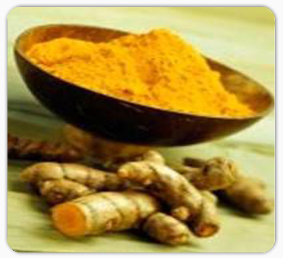Generally speaking caffeine is the most popular drug in the United States. Depending on where you are in the world, the Chinese herb ginseng, or the herb sugar cane or green tea may be the drug of choice. Even though these stimulants all have botanical origins, they can work just as well as a modern pharmaceutical drug. However, our cells produce mitochondria energy as a result of many, many chemical interactions. Caffeine stimulate our adrenals but does not source real mitochondria energy
Why then, are the energy drinks that contain caffeine considered a food, and not a drug?
This is the questions the City of New York is about to answer? Senators are also asking the FDA to clarify this issue. New York City is considering regulating the caffeine in energy drinks and requiring accurate labeling so consumers know how much caffeine they are getting in each can or energy shot.
Another issue is what happens when you start mixing these herbal stimulants with other ingredients. Adding sugar to caffeine and a wide mix of amino acids and other substances becomes outright dangerous. In fact, investigations are beginning to look into these combination products, often labeled energy drinks because their stimulating qualities have caused alarm.
Kids, teens and young adults are the most drawn to these energy drinks for their quick uppers and stay up all night, side effects.
But, why is anybody looking to a canned drink for energy?
Consider the simple answer, energy begins with sleep. Everybody knows this! Everybody knows how you feel when you miss a night of sleep. Bottom line, you're tired, you have no energy. When you don't get enough quality sleep, the first drug of choice is caffeine.
I've argued before, drugs should not be masquerading as food. Energy drinks do this every day, they are not food. They should be labeled with all the same information required on a dietary supplement. We should understand not to substitute good food for a drink in a can. Caffeine is a drug. A useful drug like so many botanicals, including so many of the Chinese herb botanicals I talk about here.
The Benefits of Caffeine blog here

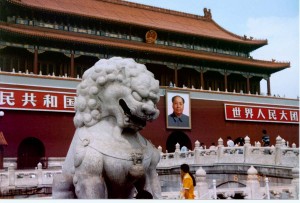
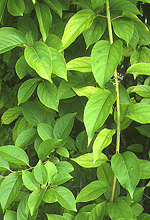 A new drug is being resesarched for its early success in the treatment of prostate cancer. This is noteworth here because the drug is derived from a
A new drug is being resesarched for its early success in the treatment of prostate cancer. This is noteworth here because the drug is derived from a 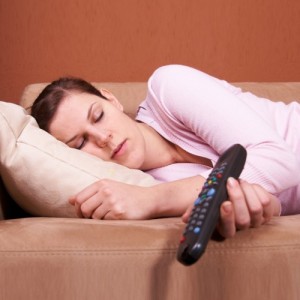
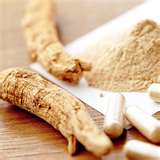
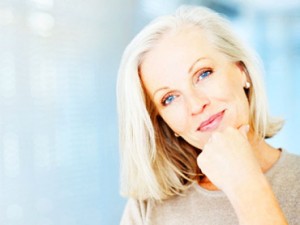
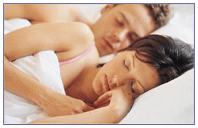
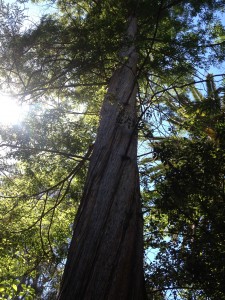 China has given us so many incredible jewels of nature in the form of medicinal herbs.
China has given us so many incredible jewels of nature in the form of medicinal herbs. 